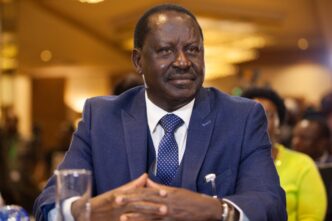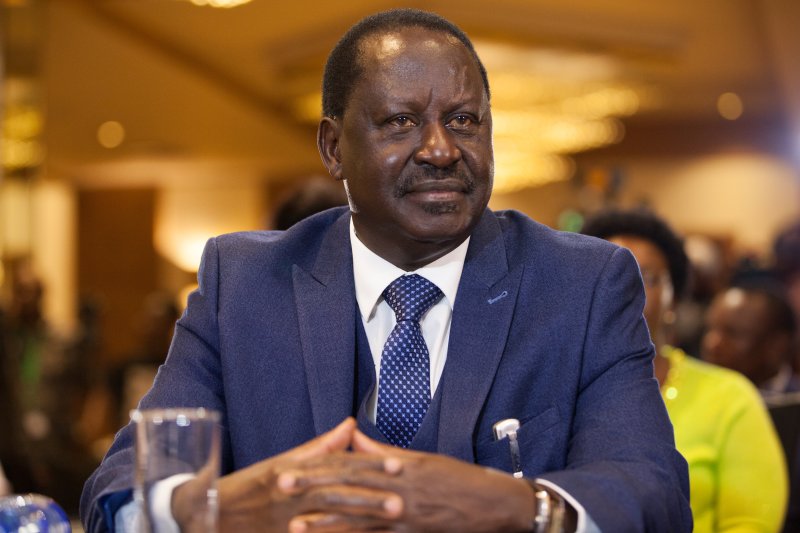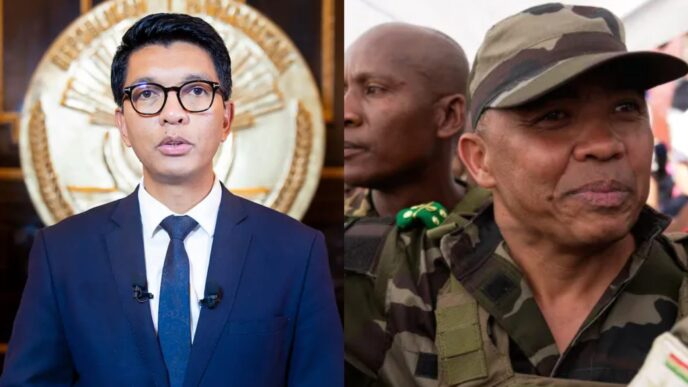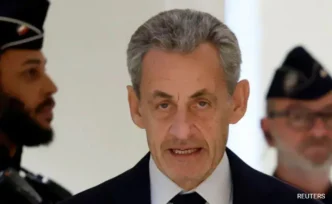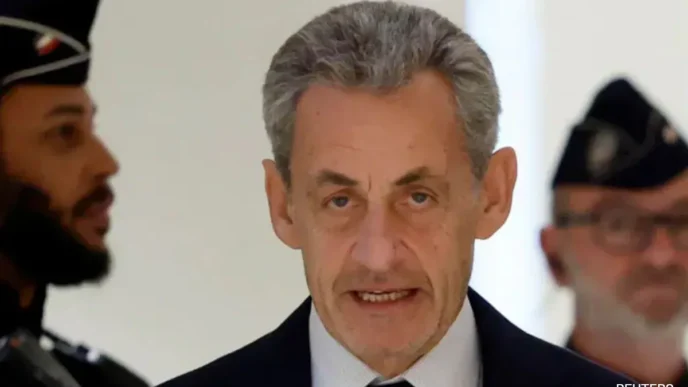Kenyans and the international community are mourning the Raila Odinga death, following reports that the former Prime Minister has passed away at the age of 80.
A source from Odinga’s office confirmed his death on Wednesday, October 15, marking the end of a remarkable political journey.
Indian media outlet Mathrubhumi first broke the news, revealing that Odinga suffered a cardiac arrest while undergoing treatment in the southern Indian city of Kochi.
He was reportedly rushed to a nearby hospital, where doctors pronounced him dead.
Details about his illness remain limited, and official statements from the Kenyan government are expected soon.
Meanwhile, messages of grief and tribute have flooded social media platforms, with Kenyans describing Odinga’s death as a painful and unexpected loss.
Many expressed deep respect for his lifelong fight for democracy and his immense influence on Kenya’s political evolution.
Known as a fearless advocate for reform, he played a crucial role in the introduction of multiparty democracy in 1991 and the drafting of the 2010 constitution both of which redefined Kenya’s governance system.
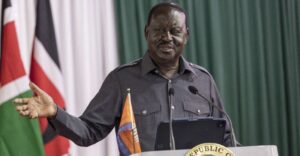
However, his long political career was also defined by fierce contests and repeated heartbreaks.
Despite running for president five times, Odinga never clinched victory.
His supporters often believed he was denied power through electoral manipulation, leading to widespread frustration and division.
The disputed elections of 2007 and 2017 were particularly volatile.
The 2007 post-election crisis resulted in more than 1,300 deaths and the displacement of hundreds of thousands.
The violence remains one of Kenya’s darkest moments since independence, underscoring both Odinga’s political weight and the deep ethnic tensions that shaped national politics.
Nevertheless, he was seen as a unifying force who, despite setbacks, continued to advocate for peace and good governance.
